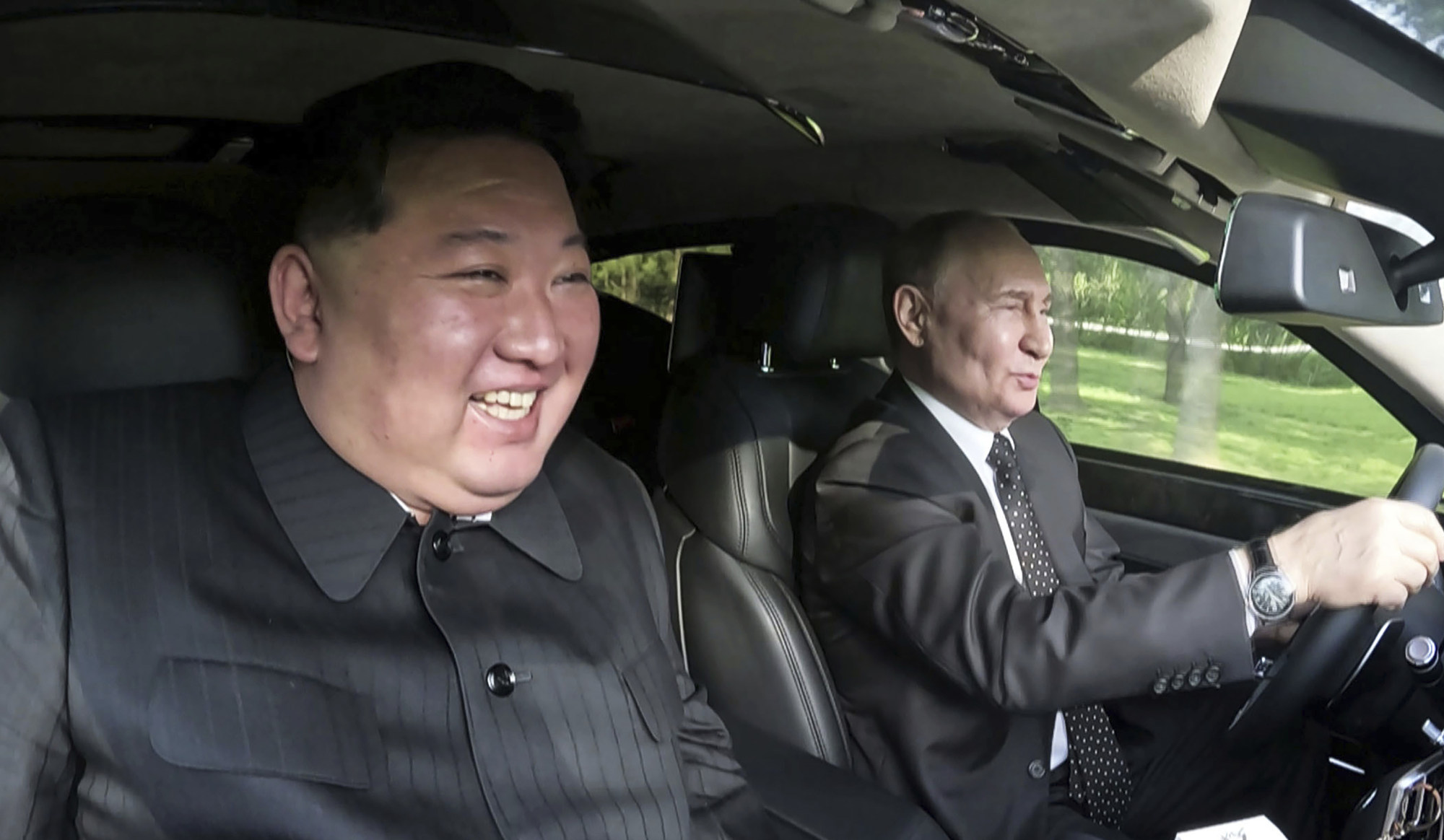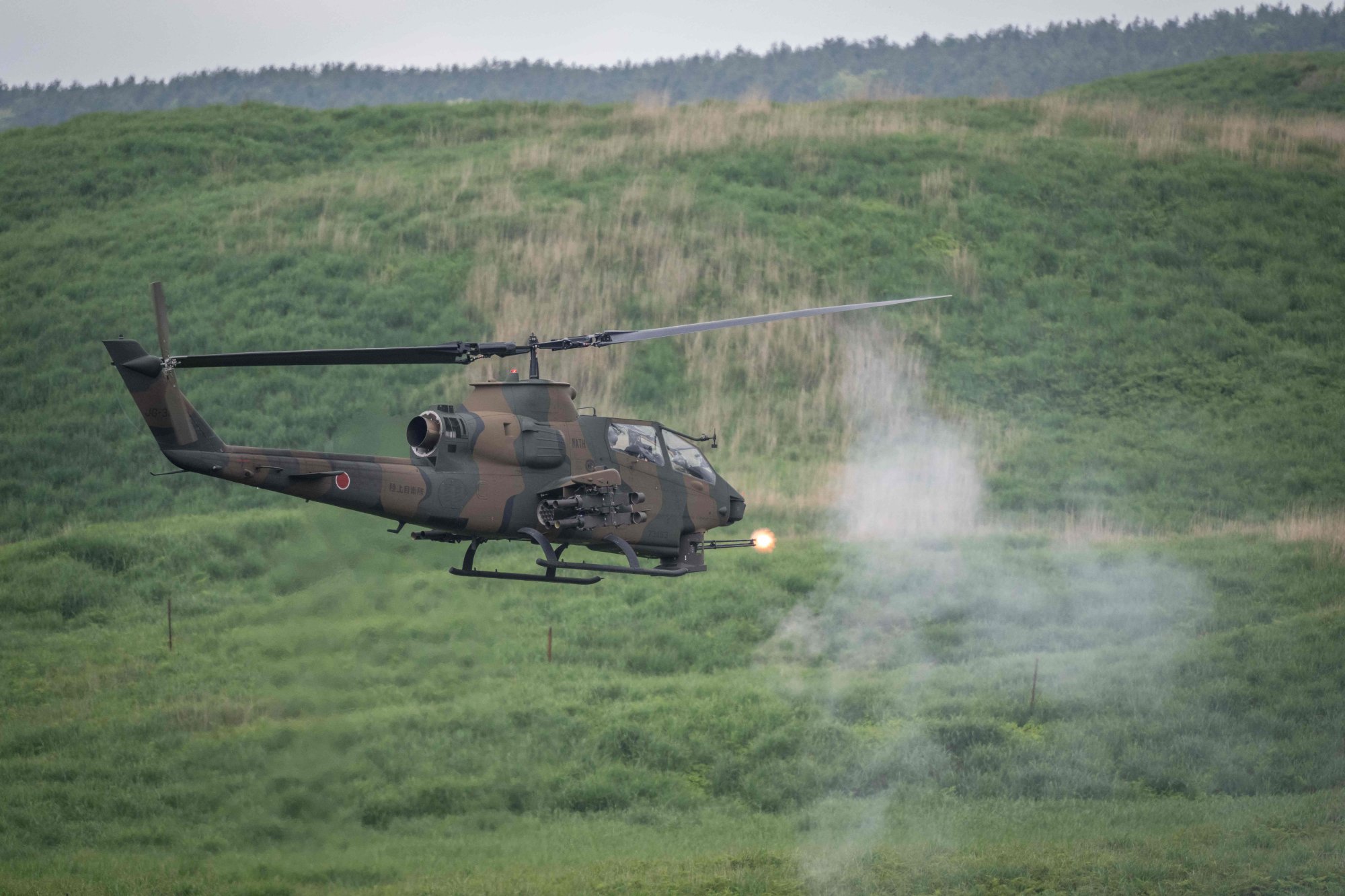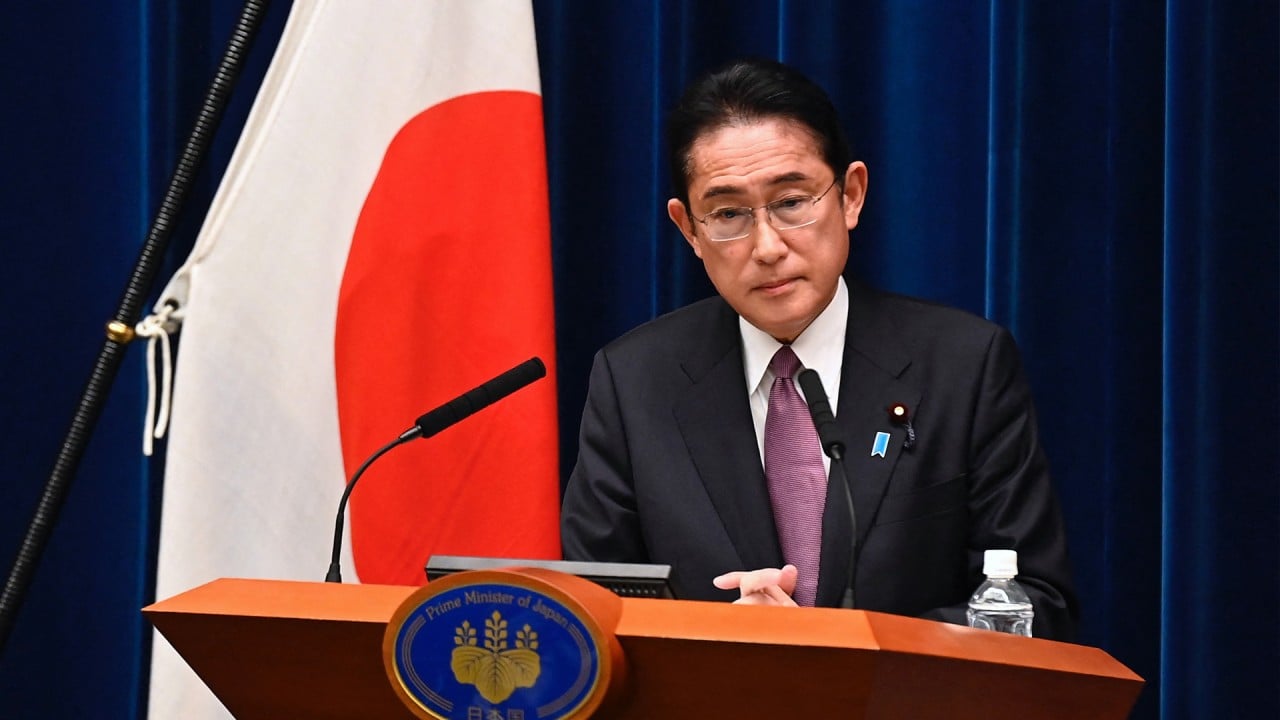The US added that its commitment to the security of both Japan and South Korea remained “ironclad”.

Vorobyova said Japan’s protests were “categorically unacceptable”, Jiji Press reported, and added that the Russian government intended to create a new security structure for the Eurasian region.
“It is not at all clear what this agreement means at the moment, but the primary reason it has been signed is because Russia is having problems in Ukraine and cannot produce enough munitions for its forces there,” said Garren Mulloy, an international-relations professor at Daito Bunka University and a specialist in military issues.
“In return, North Korea wants an access point to avoid international sanctions, which they get with the land border and the maritime trade they can have,” he said. “North Korea also wants help with its space programmes, and Russia is therefore a logical partner for that.”
Other items on the North’s shopping list included technology for its nuclear and long-range missile programmes, Mulloy said.
However, that will not affect Japan’s present defence plans, he said.

According to Mulloy, Japan has already factored the growing threat posed by North Korean missiles into its existing defence outlays.
He said another approach might be additional unilateral or multilateral sanctions, although the regime in Pyongyang has managed to withstand such pressure so far and there is little else that can be targeted with sanctions.
Russia effectively ignoring UN-imposed sanctions – including those that Moscow previously supported – also means little leverage remains.
“I see the Japanese response taking the form of pressure through alliances with the US and South Korea,” said Ryo Hinata-Yamaguchi, an assistant professor of international relations at the University of Tokyo.
“I do not expect to see any increases in defence spending, but I do anticipate that Tokyo will be more attentive to the potential threats posed by North Korea,” he said. “Right now, there is not a lot more that Japan can do with regard to North Korea than it is doing now.”
Hinata-Yamaguchi said he expects Japan, the US and South Korea to step up joint training to project their alliance’s strength and resilience, with three-nation air and naval drills likely to be increasingly high profile and designed to send a message to Pyongyang.
“Both North Korea’s military support for Russia and Russia’s assistance to North Korea to strengthen its nuclear and ballistic missile capabilities are disruptive of world peace and must be condemned,” the editorial said.
“Prime Minister Kishida should use news conferences and other such opportunities to frankly discuss the perils posed by the Russia-North Korea alliance,” it added. “Furthermore, he should explain Japan’s potential responses to the Japanese public.”


